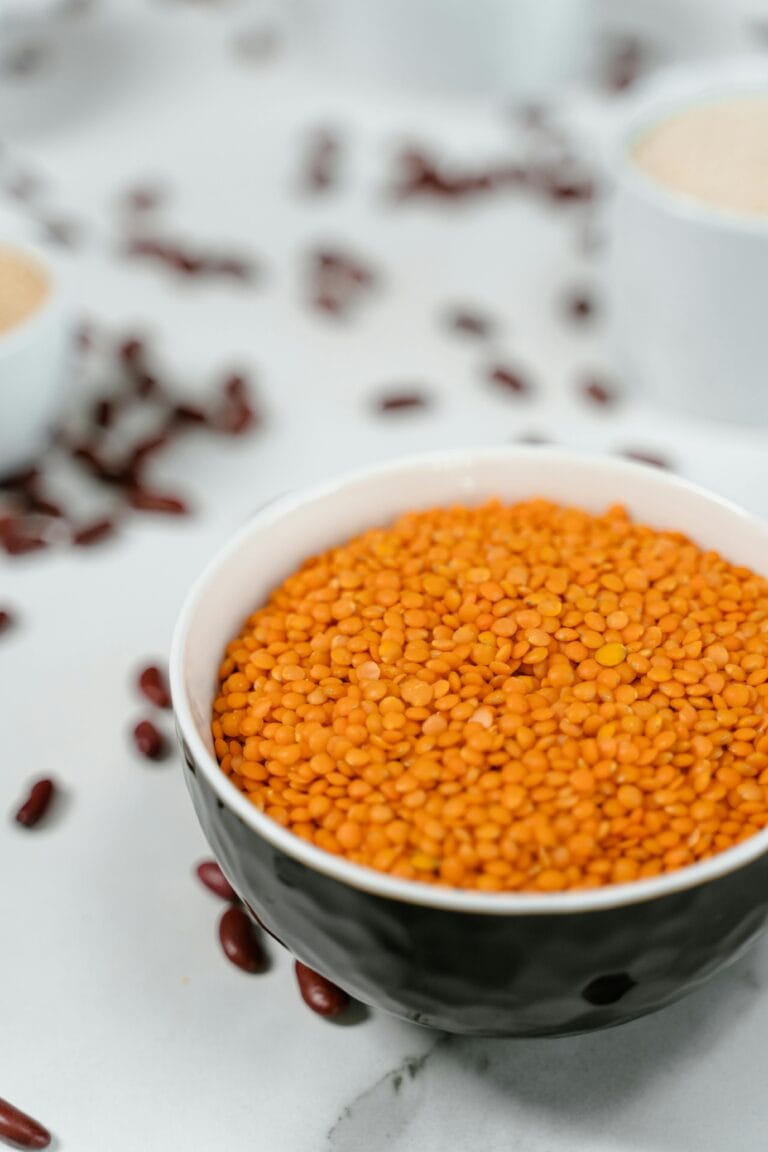Health Benefits of Mango
Mango, often referred to as the “king of fruits,” boasts an impressive nutritional profile that provides a plethora of health benefits. Rich in vitamins, particularly vitamin C and vitamin A, mangoes serve as a powerful dietary source that supports overall health. Vitamin C plays a crucial role in bolstering the immune system, helping the body ward off infections and diseases. In addition, the vitamin A content in mangoes is vital for maintaining healthy vision and skin integrity.
The fiber content found in mangoes further enhances digestion, promoting regular bowel movements and alleviating constipation. Fiber is also known to contribute to satiety, making mango juice a smart choice for those looking to manage their weight. Moreover, mangoes contain a variety of antioxidants, such as quercetin, which assist in reducing oxidative stress and inflammation in the body. These properties can lead to improvements in skin health, making the skin appear more vibrant and youthful.
Recent research has indicated that regular consumption of mangoes may positively impact heart health. The presence of polyphenols, combined with essential vitamins and minerals, contributes to maintaining healthy cholesterol levels and improving overall cardiovascular function. Furthermore, some studies suggest that the nutrients in mangoes may have cancer-preventative properties by inhibiting the growth of cancerous cells and tumors.
In summary, mangoes are not only a delicious tropical fruit, but they also offer numerous health advantages, including enhanced immunity, improved digestion, and support for healthy skin. With their wealth of vitamins, minerals, and antioxidants, adding mangoes and their juices to one’s diet can lead to significant health improvements, making them a valuable addition to a balanced nutritional plan.
Best Times to Eat Mango
Mangoes, often hailed for their delectable sweetness and vibrant flavor, are not only a delight to the palate but also a powerhouse of nutrients, including essential vitamins and minerals. To maximize their health benefits, it is important to consider the optimal times for consumption. One of the best practices is to enjoy mangoes in the morning. Starting the day with mango juice can provide a refreshing boost of energy, thanks to its natural sugars and vitamins. This is particularly beneficial as the body is in need of replenishment after a night’s rest, making mangoes a nutritious choice that can stimulate digestion and vitality.
Another favorable time to consume mangoes is during lunch or as part of a mid-afternoon snack. Incorporating mango slices into salads or as a side dish can enhance not only the flavor but also the nutritional content of a meal. The natural sweetness of mango pairs excellently with savory foods, creating a balanced meal that supports digestive health while providing a significant source of vitamins and hydration. Furthermore, due to their high water content and rich nutrient profile, mangoes are often celebrated in various cultures, particularly in summer months. Consuming mangoes during this season is a traditional way to stay hydrated and energized.
Additionally, pairing mango with other foods can significantly improve nutrient absorption. For example, consuming mangoes together with healthy fats, such as nuts or yogurt, can aid the body in effectively utilizing the vitamins present in mango. Hence, integrating mango into meals or opting for mango juice as a beverage are not just delightful choices, but also optimal strategies for health and energy. In summary, whether enjoyed in the morning or paired with meals, mangoes promise numerous health benefits that enhance overall well-being.
Potential Harms of Mango Consumption
While mangoes are widely celebrated for their impressive nutritional profile, it is vital to be aware of potential downsides associated with their consumption. Some individuals may experience allergic reactions, particularly to mango skin. The allergenic compounds found in the skin can lead to contact dermatitis or other reactions in sensitive individuals. In such cases, it is advisable to consume the flesh of the fruit while avoiding direct contact with the skin.
Another critical aspect of mango consumption is moderation. Although mangoes boast high levels of vitamins, minerals, and antioxidants, they also contain significant amounts of natural sugars. Overeating mangoes may lead to excessive calorie intake, ultimately contributing to weight gain. Additionally, the high sugar content can pose a concern for those managing diabetes or other metabolic conditions, as it could lead to elevated blood sugar levels.
Moreover, indulging in large quantities of mango may result in digestive issues such as bloating, gas, or diarrhea. These symptoms occur primarily because of the fruit’s fiber content and its potential interactions withother foods in the digestive tract. To minimize these risks, it is crucial for individuals to listen to their bodies and consume mangoes in reasonable portions.
Lastly, it is essential to note that mangoes can interact with certain medications, particularly those that affect blood sugar levels or blood thinning. Individuals taking these medications should consult with a healthcare professional regarding the consumption of mangoes and whether it might interfere with their treatment regimen. By being aware of these potential harms, individuals can enjoy the many health benefits of mango while maintaining their overall well-being.
Conclusion: Mango in a Balanced Diet
Incorporating mango into a balanced diet offers numerous health benefits while also requiring mindfulness regarding individual dietary needs. The vibrant fruit is not only delicious but also rich in essential nutrients. Mangoes are an excellent source of vitamins A and C, which are crucial for maintaining a healthy immune system and promoting skin health. Additionally, mangoes contain dietary fiber that aids in digestion, potentially reducing the risk of digestive issues.
Timing is also an important factor when consuming mango. Enjoying mango juice or fresh mango during breakfast can provide a refreshing start to the day, bolstering energy levels with its natural sugars. Furthermore, incorporating mango into a post-workout meal can help replenish electrolytes, as the fruit contains small amounts of salts and vitamins that support recovery. However, while mangoes are beneficial, moderation is key due to their sugar content, particularly for individuals who need to monitor their blood sugar levels.
It is essential to consider a diverse fruit intake to maximize nutritional benefits. While mangoes provide a variety of vitamins, balancing consumption with other fruits can enhance overall nutrient intake. For example, combining mango with berries in a smoothie can create a nutrient-rich drink that highlights the distinct flavors while boosting antioxidant effects. Similarly, adding mango to salads or savory dishes brings a unique sweetness and texture that complements other ingredients.
Ultimately, enjoying mangoes responsibly and understanding their role in a balanced diet can lead to improved health outcomes. By being aware of both the benefits and potential risks associated with mango consumption, individuals can make informed dietary choices that cater to both personal preferences and health objectives.









